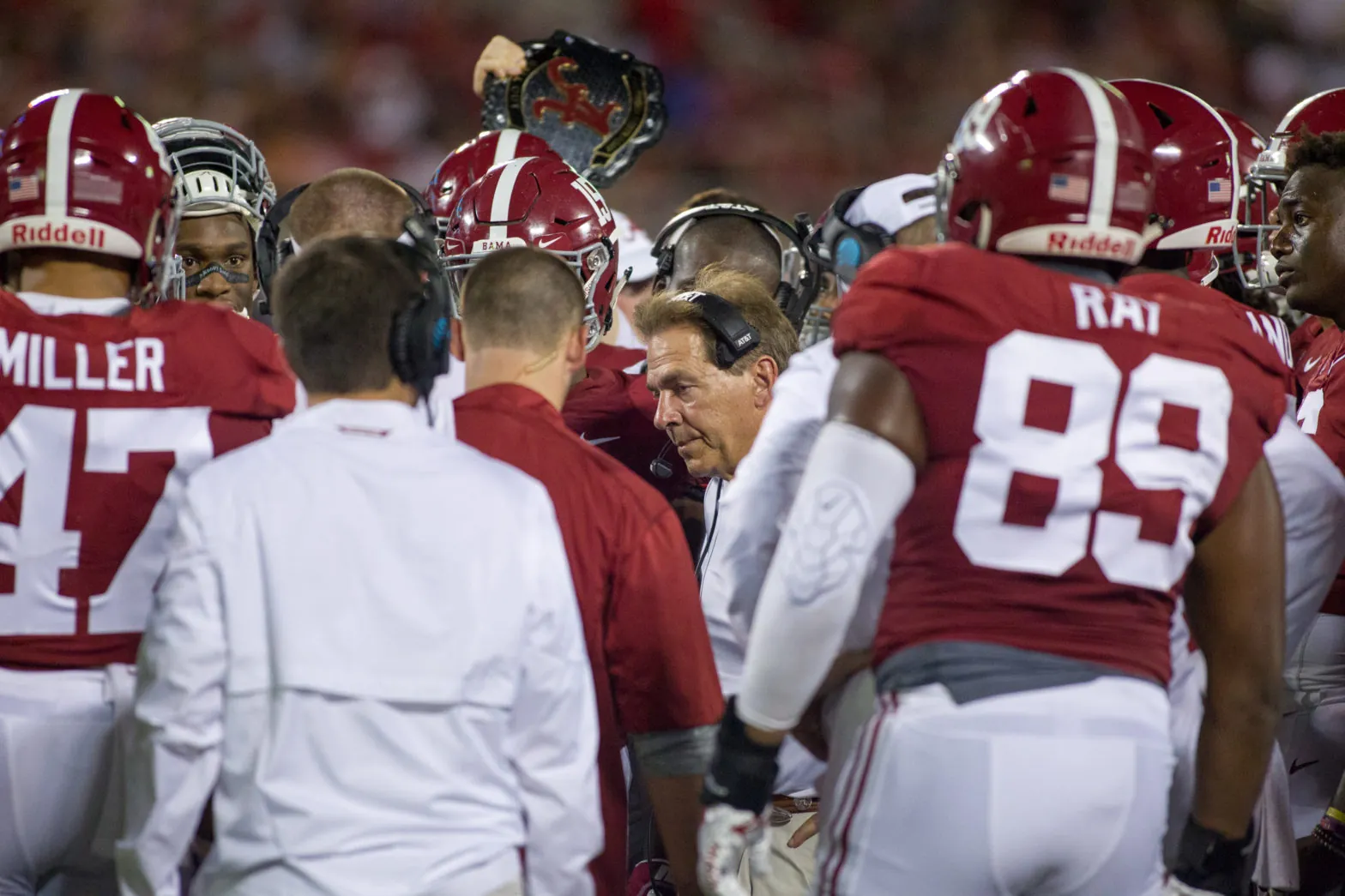How Sales Jobs Will Change in the Future

We’ve all heard and read…and heard and read….and heard and read how selling is changing. So why do so many sales reps continue to sell like they were in 2001? Because no company wants to think they are behind the times. But the good old days of flipping open your Rolodex (or CRM) calling your best customer from a landline (or cell phone) and winning the business are gone, (if they ever existed).
The changing dynamics of sales have not been an overnight revolution. In fact, it has been a gradual evolution, but the speed of change is increasing. The sales role of the future is changing and companies that adapt to this reality will create a competitive advantage over their competitors, instead of creating a competitive situation with their prospects.
Imagine a job posting describing the sales function like this…
We are a tech start-up looking to hire an old-school sales rep who is willing to make 100 outbound cold calls, daily, to complete strangers, who have never heard of you. The ideal candidate will be clueless about how to use digital tools. No business acumen is required. Candidates that have experience annoying prospects with unwelcomed follow-up preferred.
Clearly, this is a fictitious job posting, but you can imagine the personality type. This person might believe they have the gift of gab, are aggressive, with a wolf mentality, looking for their next commission. This type of salesperson is trained to shrug off any objections and close the deal. You know the type, who will sell you something whether you need it or not.
Bombarding prospects with rebuttals and outdated sales tactics is like throwing a brick into a beehive. The fact is hard-sell tactics just annoy customers and create more resistance. Typically the harder you push for the close, the greater the resistance you will face in response. This will create an adversarial relationship, where one wins and the other party loses. The fact is prospects are much more likely to listen after they have been heard.
Unfortunately, soft-sell pitches lack urgency and decrease closing velocity. Sales reps who focus too heavily on features and benefits during their presentation and oversell just extend the sales cycle. For example, we’ve all seen this scenario…
A sales rep finally gets an appointment with a prospect they have been pursuing for months. During the call, the rep covers every product feature they can think of. They jump from one feature to another, hypnotized by their own voice. When they run out of features, they finally ask their first question… “So what do you think?”
At this point, the prospect is suffering from information overload and mumbles something to the effect like, “Whoa this is a very robust solution.” But nothing in the presentation was personal for their business or resonated with the prospect on an emotional level. The prospect likely replies with “Let me discuss this with my team and we will get back to you.”
For the untrained sales reps, this might feel like a good opportunity. They report back to their manager, “the call went great,” only to find out later the prospect purchased from a competitor. This is old-school selling. Modern selling is not about giving prospects information. Modern selling is about uncovering problems that you can solve and creating an “aha moment” for your clients by bringing insight and ideas.
How do you know when you have created an “aha moment”? You will hear the prospect say something like, “You know, we have never looked at it like that before” or “That’s interesting, can you tell me more?” As sales reps become better at helping prospects uncovering problems, this leads to increased client satisfaction, better client retention, and increased revenue. The sales role of the future is a problem finder/solver, not an order taker.
What is causing this shift in the sales role? First is the increased competition for your prospect’s time. Today, the hardest part of the sale for most companies is usually winning the initial appointment with the prospect. Prospects are flooded with sales messages. The sales role of the future will require better prospecting skills as well as telesales skills who can quickly gain confidence and create trust.
Second is buyers have more access to information and are better informed about their options, pricing, and available products in the market. Very few companies are searching for products but instead “trusted advisors” who can help them achieve their business goals. With this shifting buyer behavior, sales leaders are looking to their sales reps to become more strategic partners rather than transaction facilitators.
Compare this job description to the one earlier…
We are a tech start-up looking to hire an innovative team member willing to help customers learn and be a proactive source of information, value, and insights. Ability to build a compelling business case and deliver business results through transformational engagements. Creating demand by uncovering latent business problems for the customer and matching them back to our solution.
The difference between the two job descriptions is clear. In the first job, the sales process is something the sales rep does to the customer. While in the second, the sales process is something they do for the customer.
The roles and responsibilities of a salesperson are growing increasingly focused on flexibility, nurturing relationships, improving service, and delivering business value. The shift is accelerated by customer sophistication and their ability to access information digitally. Sales success today is about matching the prospect’s buying criteria to a specific business objective for the company.
Therefore, instead of just having product knowledge and explaining features and benefits, the sales roles of the future will require innovation, built on real use-case details, with context, emotional drivers, and critical thinking.
These skills will increase the sales representative’s ability to cultivate the buyer-seller relationship and see to its maintenance and growth. It’s not a one-and-done transactional relationship. The necessary skills for modern selling are not natural instincts one is born with, but skills that are developed with training and coaching.
The modern sales role is less about being a natural salesperson and more about being committed to the customer. The sales reps of the future will be perceptive and understanding. These are soft skills that can be learned and improved with deliberate practice. Learning empathy, relationship management, and social intelligence will drive the sales roles of the future.
Innovative and perceptive salespeople are able to build strong relationships with customers, and their sales performance shows it. Cultivating the interdependence of these soft skills in a modern sales process makes sales performance more reliable over time — something for which traditional sales organizations are unprepared.
To be effective, developing the modern sales professional requires a commitment to sales training, that must be consistent, relevant, and personalized. Modern sales professionals are not born, they are trained. In the future, there will be only two types of salespeople, the trained and the untrained.
Modern selling is a framework that allows sales reps to develop authentic, compelling, and value-based solutions to their customer’s unique problems. Applying these soft skills to your selling style will result in increased productivity, improved performance, and reduced stress for both the seller and buyer. When the customer feels that you truly want to help them grow, your sales will grow as well.
It was Zig Zigler who said, “You can have everything in life you want, if you will just help enough other people get what they want.”
The modern sales role is squarely about the customer first. The sales process requires it to be integrated with both marketing and customer support. Salespeople need to understand what makes their product special, and how to talk about it easily and clearly. They need to develop product knowledge to be able to explain it in a way that potential buyers in a personal way.
Make sure your sales team is ready to meet and exceed your prospect’s expectations. Mindset, training, and coaching are critical as we continue to manage through the uncertainty of COVID-19 and the changes it has brought to the future of work. Recognizing that the sales role is changing will go a long way in your ability to reach and achieve your long-term business goals.
Do you need help upskilling your sales teams to better reach your goals?
If so, we can help optimize your sales team by implementing proven sales training and sales consulting solutions customized to your specific needs and challenges. Whether it’s sales training, coaching, or consulting, we can help mold your team into a modern sales machine.
Curious to learn more? Let’s talk.

- Account Planning (11)
- Awards (49)
- Client Testimonial (37)
- Personal Branding (19)
- Podcast (11)
- Research (70)
- Sales Career Development (87)
- Sales Coaching (156)
- Sales Consulting (137)
- Sales Culture (170)
- Sales Enablement (354)
- Sales Leadership (110)
- Sales Management (248)
- Sales Negotiation (16)
- Sales Prospecting (124)
- Sales Role-Playing (18)
- Sales Training (234)
- Selling Strategies (263)
- Soft Skills (70)
- Talent Management (94)
- Trusted Advisor (27)
- Virtual Selling (49)
- Webinar (9)
























![Bourbon and Sales Performance, with Nick Kane [Episode 876]](https://www.janek.com/wp-content/uploads/2021/02/podcast-se-876-BIG-nick-kane.jpg.webp)

